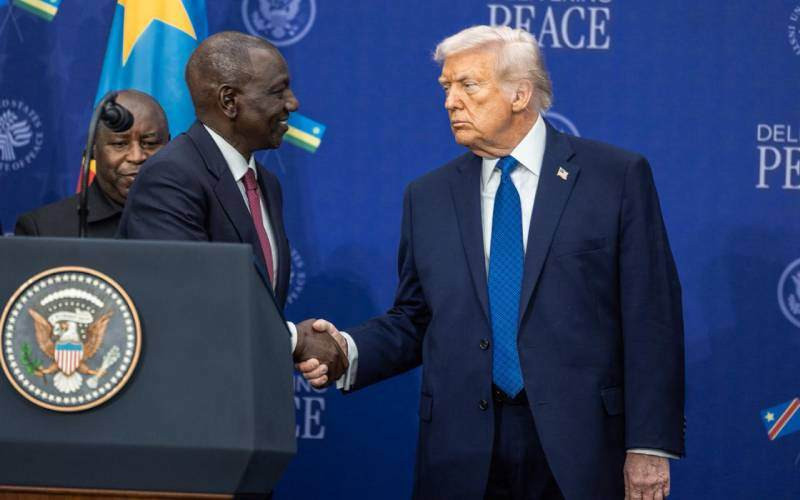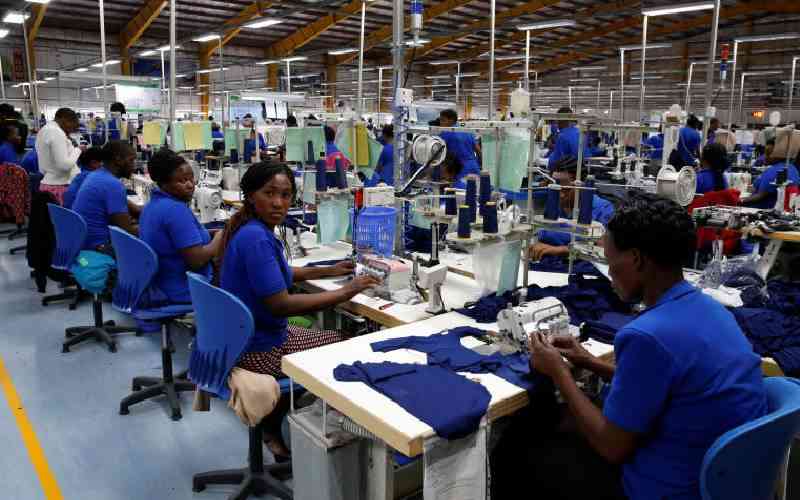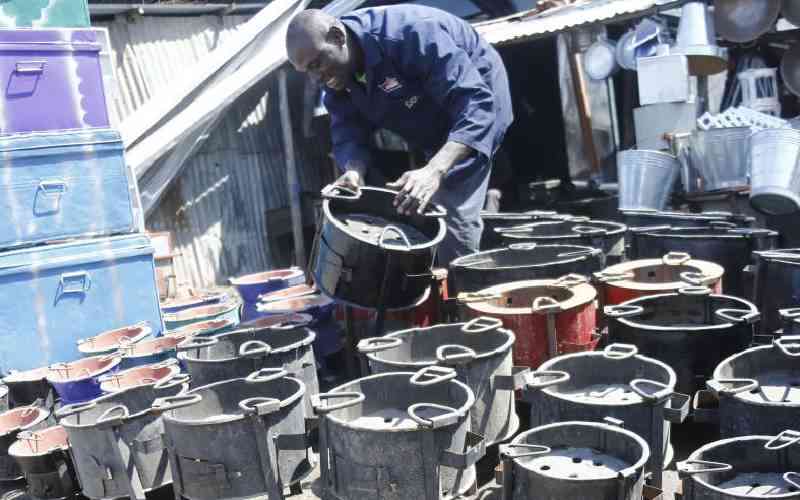×
The Standard e-Paper
Join Thousands Daily

NAIROBI: Kenya Electricity Generating Company (KenGen) is planning to start selling carbon credits on the Nairobi Securities Exchange (NSE) by March next year. The electricity generator is scouting for direct buyers for its carbon credits in the spot markets ahead of an expiry of its UN-backed, exchange market deal next year.







